Blue Light: The Silent Thief of Your Sleep?
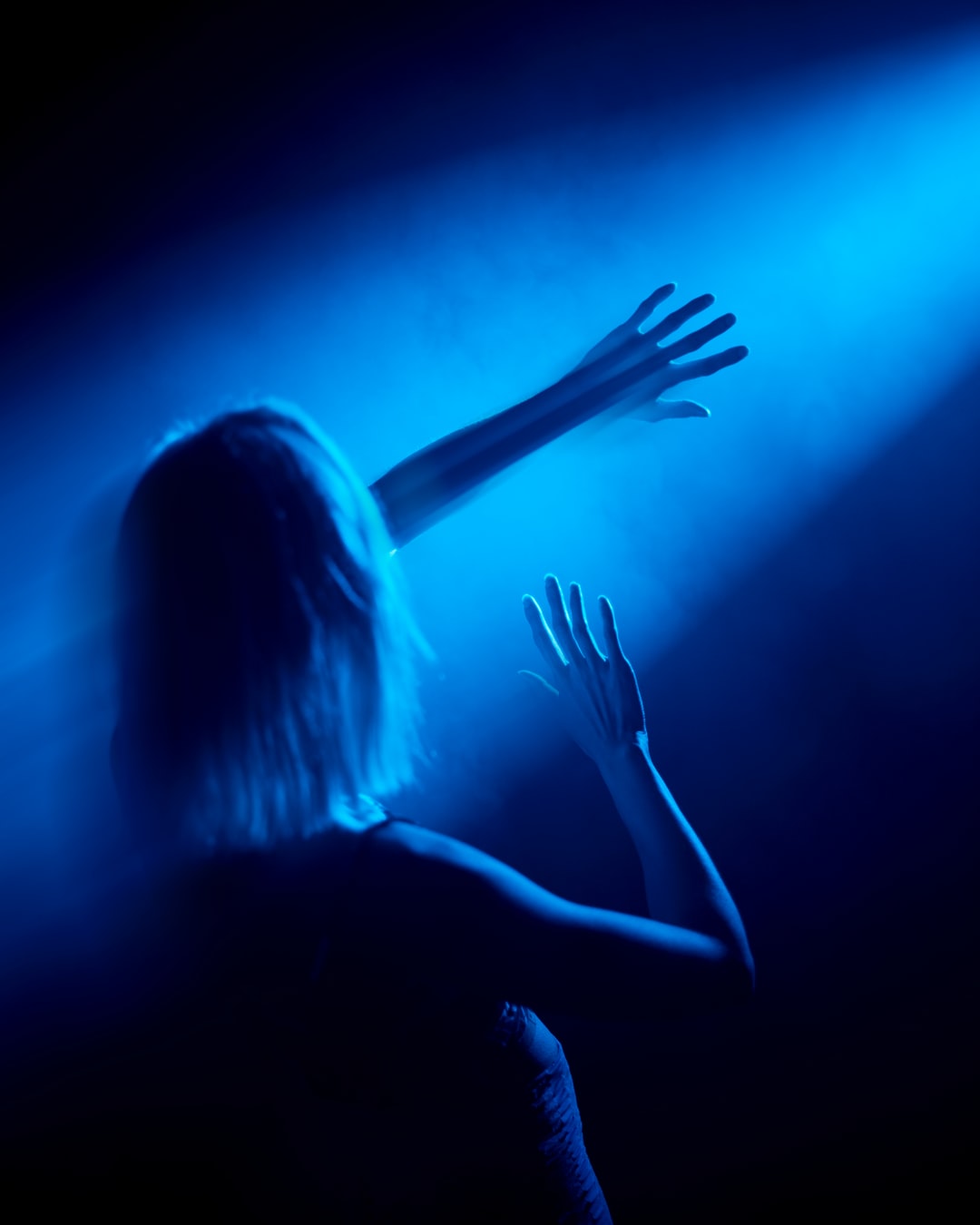
Disclosure:
We've all done it before...
The clock ticks deeper and deeper into the night...
You think to yourself...
"Just one more YouTube video... just one more swipe through social media..."

And you lie in your bed... screen in your face... losing precious slumber.
But recent research shows it's NOT just about the sleeping time that we lose...
But also our decreased ability to fall asleep & quality of sleep because of the blue light that emits from the same type of screen you're looking at now!
So, what is blue light exactly? And how might it affect our nightly rest?
Keep scrolling to find out more 👇
What Is Blue Light?
As Healthline reports, electromagnetic energy is all around us...
From simple radio waves that deliver music to your car...
All the way to the other side of the spectrum with gamma rays that give off dangerous radiation.
And included in these waves is a small category of light that's visible to the human eye...
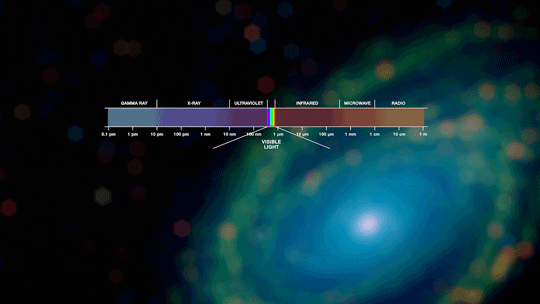
These lights have different wavelengths and different effects...
For example, red light could benefit your skin, mood, and, yes, your sleep.
But not all light is so friendly when it comes to nighttime health...
The blue light wavelength suppresses melatonin (a.k.a. the sleep hormone) more than other types of light...
And it helps you stay awake, sharpen your mind, and focus your attention.
These aren't necessarily bad things... but it's not exactly what you want when counting sheep at night.
How Does Blue Light Affect Sleep?
Sleeping problems are all too common...
Maybe you wake up after 8 hours feeling like you only slept 8 minutes!
Or, maybe, you've got insomnia & can’t fall asleep until the wee hours of the morning...
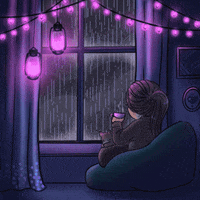
If only humans had an "on/off switch" to fall into a deep sleep instantly...
So, what could be keeping you up at night?
Well, everyone has a circadian rhythm — which is like an internal clock that helps you figure out when you should be asleep or awake.
And this internal clock follows external patterns.
For example, when the sun is out and about... your circadian rhythm sends signals for you to do the same.
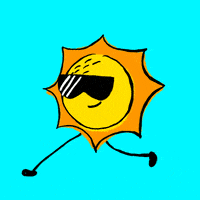
And this wasn't much of a problem throughout human history... that is, until the lightbulb was invented...
That's because your body is not very good at telling natural and artificial light apart!
It's clear that technology has infiltrated our routines — both during the day & at night.
So, the blue light coming out of your phone, computer, tablet, TV, and every other screen you know and love...
It could be throwing off your circadian rhythm up to an hour and a half or more... forcing you to stay up late like an owl.
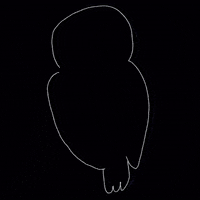
How To Avoid Blue Light At Night: 3 Tips
So, how can you get your sleep back? Here's a few ideas:
1. Cut Down On Screen Time
This one is pretty straightforward....
No screen time an hour (or more) before bedtime.
This could help your mind to relax, and your circadian rhythm to settle down.
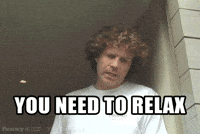
Even if you remove the blue light factor... the idea of winding down is very important to fall asleep quickly.
2. Wear Blue Light Blocking Glasses
Maybe you work unusual hours... or you simply don’t want to stop using your phone before falling asleep...
That’s okay!
You can put on blue light blocking glasses to protect your eyes and your sleep.

3. For Your Screens: Enable "Night Mode" or Install Blue Light Filters
Most modern devices allow you to select night mode in the settings — which makes your screen's colors much "warmer."
If your computer or phone is older... you could also look into purchasing a physical filter to install directly onto the screen.
Things get a little more tricky when watching TV... but that's especially where blue light blocking glasses can help.
So, Is Blue Light All Bad?
In short: No.
Blue light exposure is a natural part of life...
As mentioned, it comes with benefits like increased focus and energy.

And there's even conflicting research that suggests it may not be as bad for sleep as we thought.
This has lead some to believe that blue light — and its effects on sleep — is somewhat of a myth.
And those like neuroscientist, Andrew Huberman, Ph.D., say it's about the effect of ALL types of light... and that dimming everything near bed time is a good idea.
But whatever researchers find out... there's no doubting that screen time can eat into our normally scheduled bed times.
Given how important sleep is...
It's probably not a bad idea to keep your devices out of the bedroom.
---
At UltimateHuman.Org, we talk about what you need to look, feel, and be your best self.
For more on the latest in health, biohacking, and regenerative medicine... Join the community by clicking below:
Disclosure:
